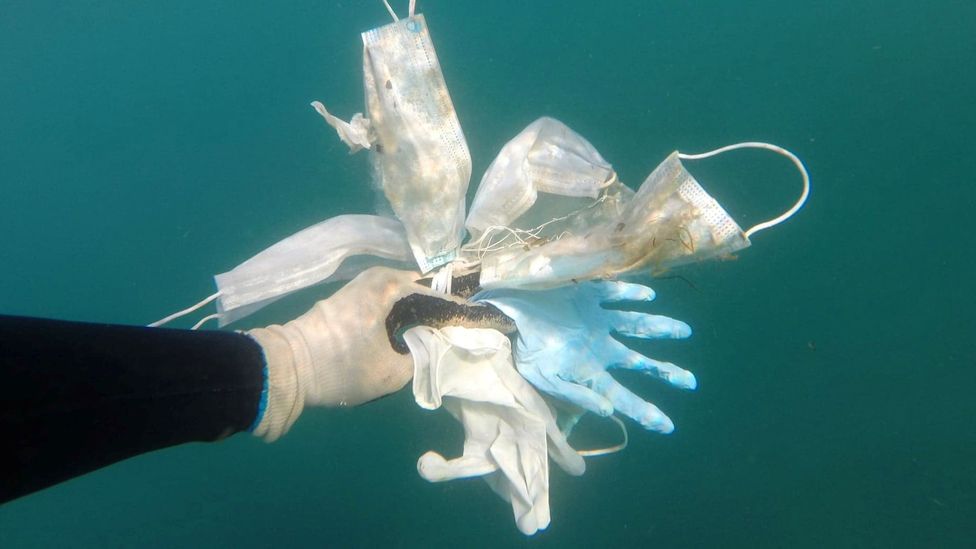
Medical waste is a major source of environmental pollution that affects not only humans but animals and the environment as well. The improper disposal of medical waste can lead to water contamination, air pollution, and land degradation.
As such, it is important to recognize the environmental impact of medical waste and understand how to minimize it in order to protect our planet’s health.
By taking measures such as reducing packaging materials or using reusable items instead of disposables when possible, we can significantly reduce the amount of medical waste generated while still providing quality care for patients.
1. The Impact of Medical Waste on the Environment

Medical Waste Management can have a large impact on the environment. Unmanaged medical waste can contaminate soil and water, harming local wildlife and affecting air quality for nearby communities. It is especially important to properly manage medical waste that contains hazardous materials such as chemicals or radioactive substances.
Improper disposal of these types of materials not only puts people and ecosystems at risk but also contributes to climate change by releasing emissions into the atmosphere. To minimize the environmental impacts of medical waste, healthcare facilities must practice proper disposal techniques in order to protect our planet from further damage.
Proper procedures include separating hazardous materials from other types of waste, using reusable containers instead of disposable ones when possible, securely sealing any containers before disposing of them off-site, and recycling or repurposing items whenever feasible. By following these practices regularly, healthcare workers can ensure that their facility’s medical waste does not negatively impact the environment in any way.
2. Assessing the Risks of Medical Waste Disposal
Medical waste disposal is a major environmental concern. The improper disposal of medical waste can have serious consequences on the environment, leading to contamination of water sources and soil, as well as potential harm to human health.
It is important for healthcare facilities to assess the risks associated with their medical waste disposal practices and take steps to reduce any negative impacts on the environment. One way of minimizing risk is by following best practices in regard to proper storage, labeling, transport, and treatment of medical waste before it leaves the facility.
A good understanding of local regulations governing the management and handling of medical waste should also be obtained in order to ensure that all legal requirements are met when disposing of such materials.
3. Strategies for Minimizing Environmental Damage from Medical Waste

Medical waste has a significant environmental impact, as it can contain hazardous materials such as chemicals and pharmaceuticals that can be harmful to the environment. To reduce the potential for damage from medical waste, there are a few strategies that healthcare facilities should consider when disposing of their waste.
These include proper segregation of medical waste into separate containers; safe disposal methods such as incineration or autoclaving; properly training personnel in handling and disposing of medical waste; investing in packaging materials designed specifically for medical waste; and working with an authorized biomedical/hazardous material disposal company.
By implementing these strategies, healthcare facilities can help reduce their impact on the environment while still providing quality care to patients.
4. Examining Regulations and Best Practices for Safely Managing Medical Waste
Medical waste is a major issue for healthcare facilities and can have a negative impact on the environment. Examining regulations and best practices for safely managing medical waste is essential to protecting our planet from contamination.
Healthcare organizations should work to ensure that their policies are compliant with local, state, and federal laws regarding the disposal of medical waste. It is also important to keep up-to-date on industry guidelines and best practices related to proper disposal methods such as incineration or autoclaving.
Additionally, it helps if healthcare professionals become educated about environmentally friendly alternatives for disposing of certain types of medical waste including recycling or composting programs. By taking these steps, hospitals can reduce their environmental footprint while still providing safe care services for patients.
Conclusion

The conclusion of this essay outlines the impacts that medical waste has on the environment and how to minimize it.
It is important to recognize that although there are many methods for reducing medical waste, all stakeholders must work together in order to have a positive impact. Governments should set regulations and policies, while healthcare facilities should ensure they are adhering to those policies.
Individuals can also take simple steps such as recycling or properly disposing of their own medical waste and educating others about proper disposal practices. With everyone working together, we can reduce the environmental impact of medical waste and help protect our planet for generations to come.



